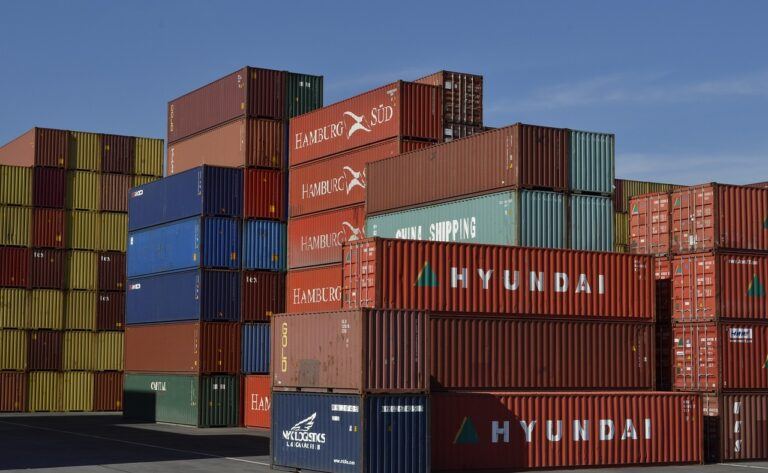Christian Lanng, co-founder and CEO of Tradeshift, an e-commerce and digital invoicing solutions provider, recently told CNBC that blockchain technology is still in its early stages of development. Lanng also noted that its (current versions) cannot be used to effectively support all aspects of the world’s supply chain industry.
The sociology of information technology graduate (from University of Copenhagen) explained that present blockchain-based systems only work well when they involve multiple parties as the distributed ledger registers all transactions issued by stakeholders.
World Economic Forum
Lanng’s comments came during the World Economic Forum’s Annual Meeting of The New Champions held in Tianjin, China (on September 19th). While addressing a broad range of current political and socio-economic issues, he said:
[Supply chains] often have many different stakeholders touching goods, moving them around … If you want to have authenticity, if you want to know where it is sourced, that it is done in a responsible way … (blockchain) is a great technology to manage that kind of flow and be sure of the integrity.
Expensive, Not “High-Perfomance”
However, existing implementations of blockchain technology are not only very expensive to use, but they’re also not a “high-performance” solution, Lanng said. Notably, Lanng’s firm, Tradeshift, has raised over $400 million in capital (as of Q2 2018) and the supply chain online payment provider is now valued at $1.1 billion.
While commenting on the design limitations of the blockchains of today, the former World Economic Forum’s Future of Software and Society member said the main problem with current supply chains is they’re “static”, meaning they’re “not built” to handle change.
According to Lanng, companies require special software that can migrate their supply chains over to a digital system. This is important because only then will their supply chain management system be able to accommodate change.
Blockchain Hype, Confusion
Lanng further noted that there’s a lot of hype around blockchain technology, however, it cannot be applied in every scenario. Moreover, there’s also a lot of confusion, or misunderstanding, about what the distributed ledger can actually do.
He remarked:
Whenever people say blockchain, I think what they're really saying is they would like to connect things digitally. I don't think blockchain is a mature enough technology yet to carry that … I also want to be a little bit cautious for some of the hype.
As many crypto industry professionals have pointed out and criticized, the Ethereum blockchain can only process (an average of) seven transactions per second. Its inability to effectively scale at this point makes it impractical for managing a global supply chain, which requires that thousands of transactions be processed per second.
According to Lanng, current blockchain-based systems that can work effectively include those that are used for identity verification and for document authentication such as the Factom protocol. As covered on CryptoGlobe, the World Economic Forum has identified 65 legitimate use cases for blockchain technology that exists today.









